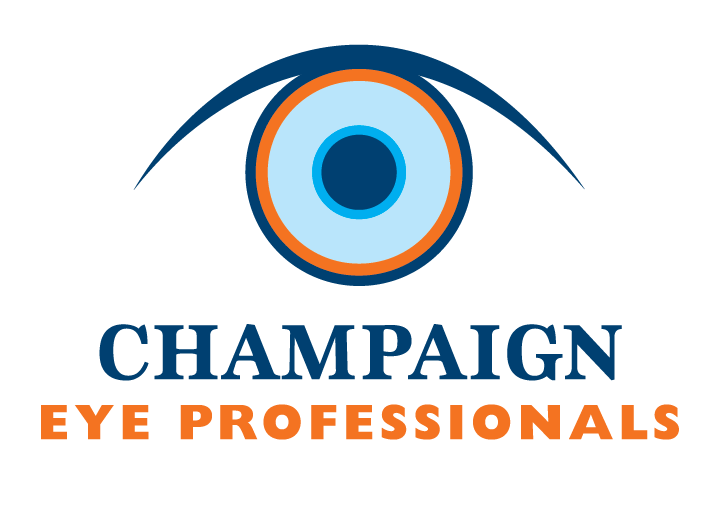How Does a Cataract Evaluation Work?
You have around a 50-50 chance of developing cataracts between the ages of 65 and 74, and the numbers only go up from there. Getting your eyes tested can be a great way to catch the warning signs early so you can prepare. If you’re interested in a cataract evaluation in Champaign, IL, we’ll tell you more about how it works.
Eye Measurements
The first thing an eye doctor will do is measure your eyes, and they’ll do this before they put drops in your eyes or test your eye pressure. Either of these things can affect your actual eye measurements, so it’s critical to get the most accurate numbers. In addition to a better evaluation, if you do have cataracts and opt for cataract surgery, these are the numbers the surgeon will use.
Eye Exam
Once the doctor has determined your eye measurements, they will do a test on your pupils and cornea. You’ll need to have your pupils dilated during the test, as this is the only way to thoroughly check for cataracts. Using special tools that can illuminate your eyes, they look for any abnormalities or signs of cataracts. In addition, you’ll receive a standard visual acuity test, where the doctor will check how well you can read off a line of letters.
Cataract Treatment in Champaign, IL
There are no proven prevention strategies for cataracts, though a healthy lifestyle and regular examinations certainly don’t hurt your chances of avoiding them. The most common cataract treatment is surgery, and not just because it’s one of the more routine surgeries you could ever sign up for. This procedure is incredibly effective, safe, and affordable for the vast majority of people. If you want to learn more about how an eye doctor in Champaign, IL can give you a heads-up about your overall health, scheduling an evaluation at Champaign Eye Professionals can help you get a handle on your long-term vision.








